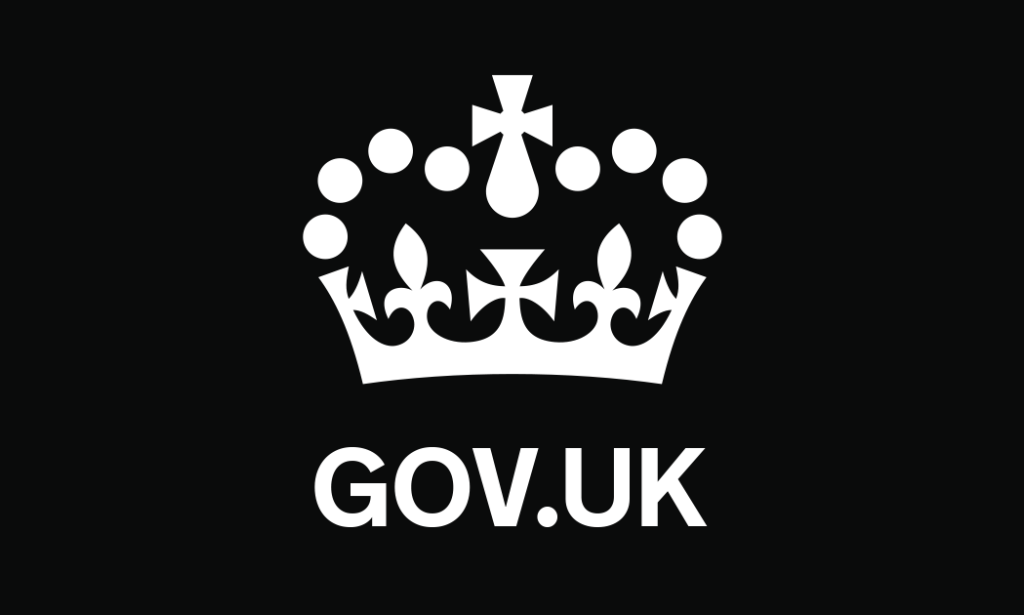In a new twist the UK government has banned the active Active international recruitmentof healthcare workers from red list countries. The ban was announced in March 2023, and it came into effect on April 1, 2023.. According to the UK Government website ,the ban was put in place to protect the health systems of these countries, which are already facing shortages of healthcare workers. The ban also aims to ensure that the UK's own healthcare system is not unduly reliant on overseas workers.
Active international recruitment
‘Active international recruitment’ in the code is defined as the process by which UK health and social care employers (including local authorities), contracting bodies, recruitment organisations, agencies, collaborations and sub-contractors target individuals to market UK employment opportunities, with the intention of recruiting to a role in the UK health or social care sector. It includes both physical or virtual targeting, and whether or not these actions lead to substantive employment.
This can include (but is not limited to):
- advertising to candidates through any medium
- incentivisation activities such as referral bonus schemes
- referring candidates to specific vacancies in the UK in return for a fee from the employing organisation - it is illegal under section 6(1) of the Employment Agencies Act 1973 for recruitment organisations of any type to charge fees to the individual applicant for job-finding services
The only exception to this definition is where a candidate has already been appointed by a UK employer following an independent direct application and selection without the support of a recruitment organisation, agency or collaboration (defined below).
In this case, if required, these organisations can support and facilitate the employee’s passage to the UK. In such cases, it is the responsibility of the recruitment organisation, agency or collaboration, if challenged, to provide evidence that the services they are providing are permitted under this exception.
The red list of countries is drawn up by the World Health Organization (WHO). It includes countries that have the most pressing health and care workforce-related challenges. The WHO estimates that there are currently 10 million healthcare workers who are "missing" from the global workforce. This means that there are not enough healthcare workers to meet the needs of the population.
Direct application
For the purpose of this code of practice, a ‘direct application’ is when an individual makes an application directly and on their own behalf to an employing organising. Direct applications do not use a third party, such as a recruitment organisation, agency or collaboration.
Individual health and social care employers may consider direct applications from individuals who are resident in countries on the WHO Health Workforce Support and Safeguards List 2023[footnote 1] (see ‘Annex A: red and amber list countries’ below) if they have made a direct application to a vacancy at their organisation.
A direct application can only be made in response to a vacancy that is hosted by, and recruited to, the same sponsoring organisation.
The UK is one of the countries that has been most affected by the global shortage of healthcare workers. In 2022, the NHS was short of 100,000 nurses. The government has been trying to address this shortage by increasing the number of training places for nurses. However, it has also been recruiting nurses from overseas.
The ban on the active recruitment of healthcare workers from red list countries is a controversial move. Some people argue that it is necessary to protect the health systems of these countries. Others argue that it is unfair to prevent healthcare workers from moving to the UK, where they can earn a higher salary and have better working conditions.
The government has defended the ban, saying that it is necessary to ensure that the UK's own healthcare system is sustainable. The government has also said that it is working with the WHO to support the development of healthcare systems in red list countries.
It remains to be seen what the long-term impact of the ban will be. It is possible that it will lead to a shortage of healthcare workers in the UK. However, it is also possible that it will help to improve the health systems of red list countries.



You must be logged in to post a comment.